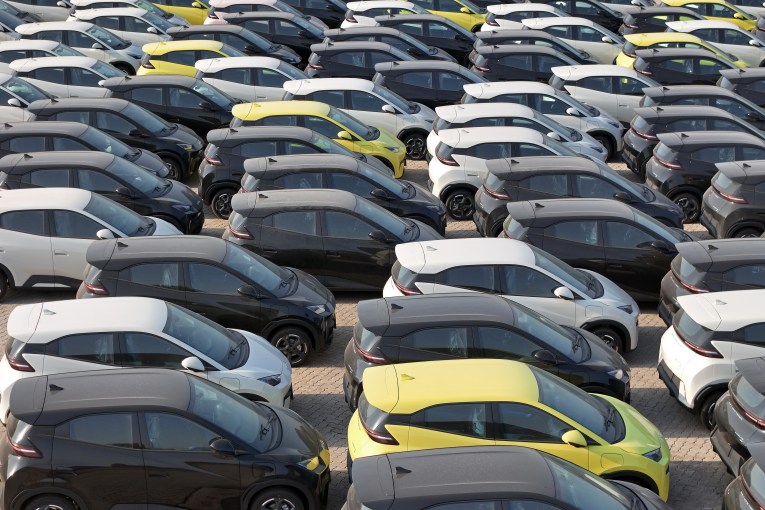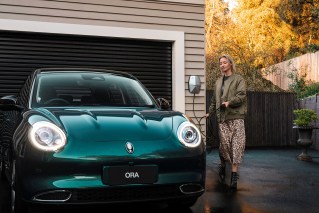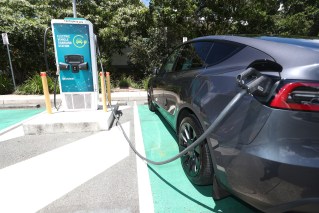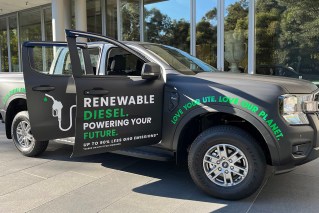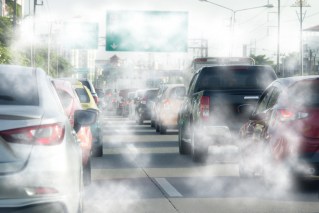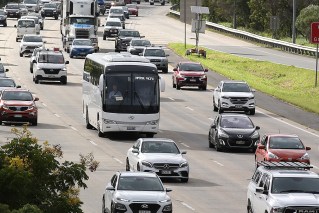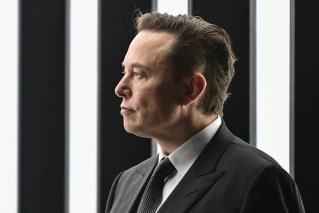Fuel efficiency standard could save drivers $10,000, study finds
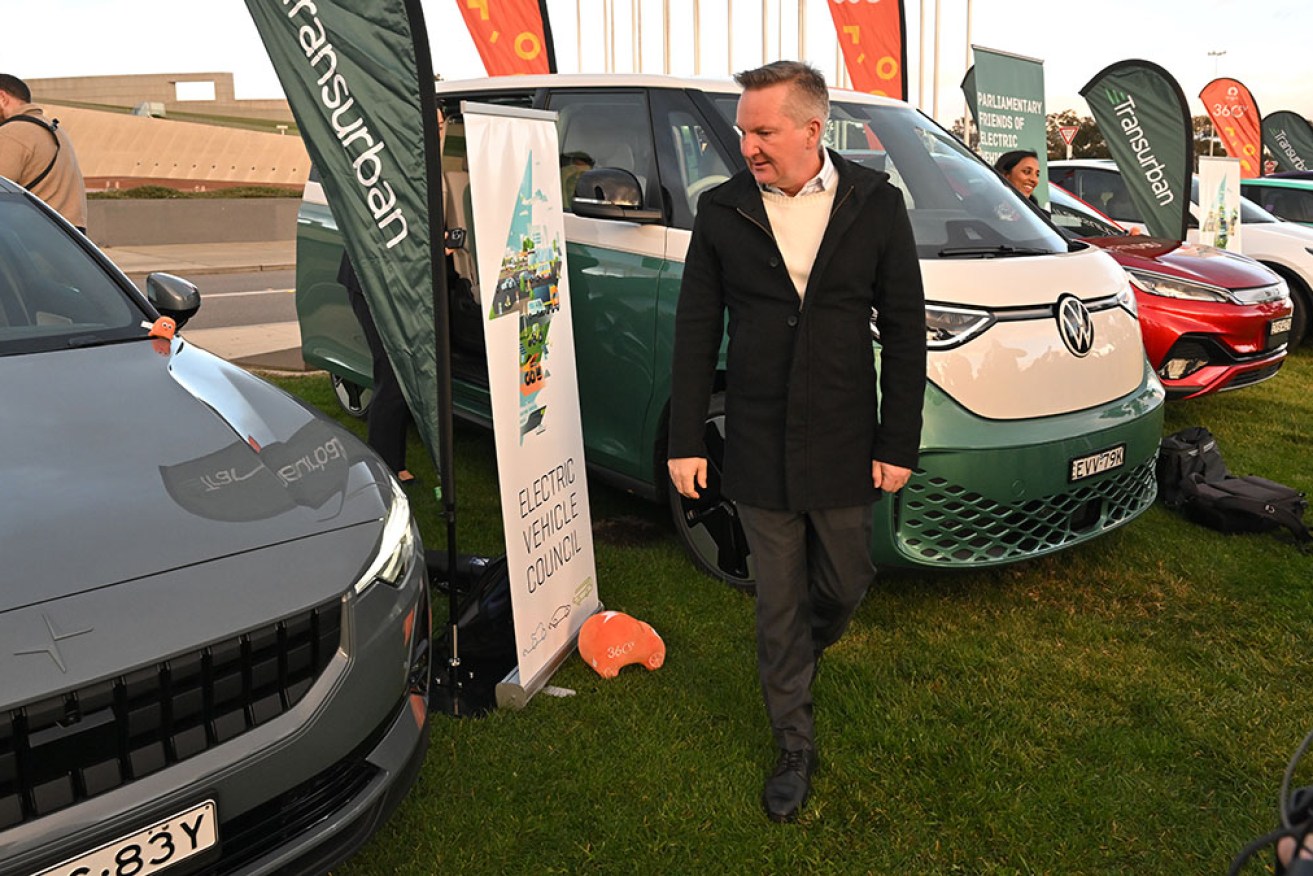
Energy and Climate Change Minister Chris Bowen is prepared to fine-tune the emissions policy. Photo: AAP
Introducing an ambitious fuel-efficiency standard in Australia could save drivers up to $10,000 over the life of their vehicles, reduce the price of electric cars by 2.8 per cent each year, and cut 31 million tonnes of carbon emissions by 2035, according to a new study.
It found the policy could also deliver economic and environmental benefits worth $13.6 billion by 2035, though it would lead to “modest” rises in the price of petrol and diesel vehicles.
The study, prepared by Mandala and commissioned by the Climate Council and Electric Vehicle Council, came months before the federal government was expected to release a draft fuel-efficiency standard.
Electric Vehicle Council chief executive Behyad Jafari said the research findings underlined the importance of the policy, which would set a limit on automakers’ fleets and encourage brands to bring more zero- and low-emission vehicles into the country.
Tweet from @EVCouncil
Australia is one of few developed nations, including Russia, without a fuel-efficiency standard.
“This research proves the simple truth – that a globally competitive efficiency standard for cars will save motorists money,” Mr Jafari said.
“Under a new vehicle efficiency standard, lower running costs and increased competition would drive a reduction in the overall cost of both electric and efficient internal-combustion engine vehicles by up to thousands of dollars.”
The study investigated Australia’s vehicle emissions, electric vehicle supply and the effect of a fuel-efficiency standard on prices, as well as analysing policies from other countries.
It found a fuel-efficiency standard in Australia would reduce the price of electric vehicles by 2.8 per cent each year, while raising the cost of internal-combustion engine vehicles by 0.3 per cent.
The study found the price of fossil-fuel vehicles would peak in 2027, and drivers who bought electric vehicles would save $1200 each year in running costs, or up to $10,000 over a vehicle’s life.
Electric vehicles would represent 41 per cent or 63 per cent of new car sales in Australia by 2030, the study found, depending on policy settings.
All four scenarios modelled in the study targeted 100 per cent electric vehicle sales by 2035, matching a mandate in the European Union.
Climate Council advocacy head Dr Jennifer Rayner said the analysis showed the vehicle policy could deliver significant financial savings and should be fast-tracked.
“Every day we wait to put in place strong fuel-efficiency standards means Australians are paying more than they should for fuel and pumping out more harmful pollution,” she said.
“Australia cannot remain a dumping ground for expensive, polluting vehicles that cost our hip pockets, health and environment.”
At the launch of the National Electric Vehicle Strategy in April, Energy and Climate Change Minister Chris Bowen pledged to introduce a fuel-efficiency standard in Australia, calling it “a well-overdue reform”.
A six-week consultation into the standard closed on May 31, with a draft law expected to be released before the end of the year.
-AAP
